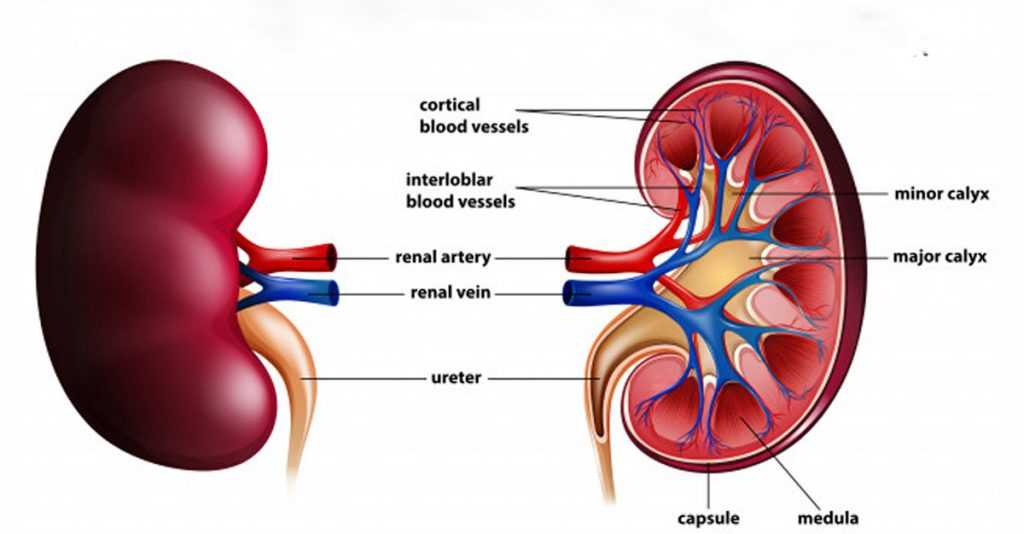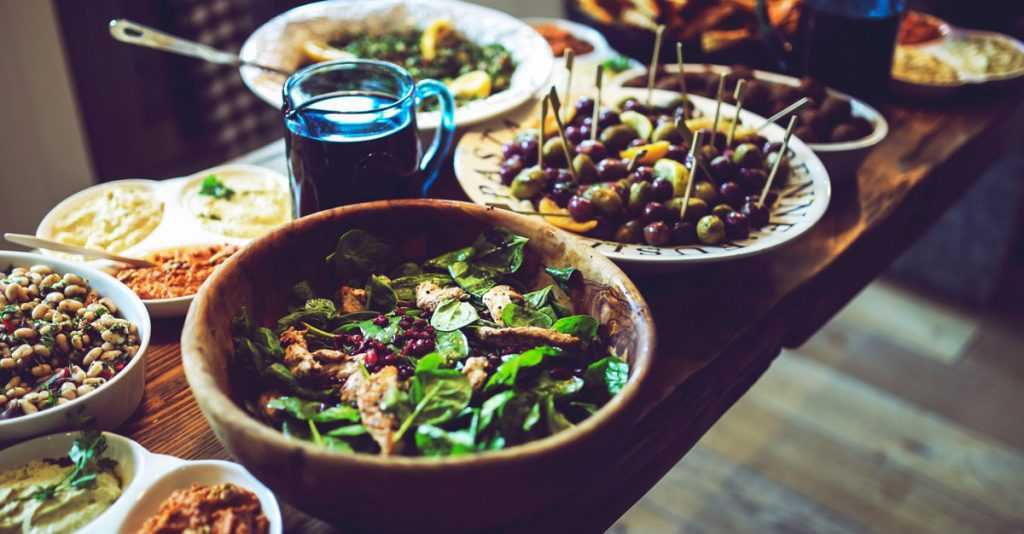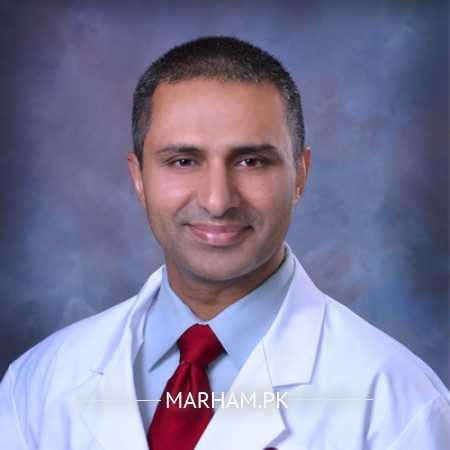Kidney Patients Must Know That Regular Fasting Habits Aren’t Meant For Them.
When you’ve got fragile kidneys, you need to be as careful as when you hold a baby chick.
Although sick people are exempted from fasting, yet many patients desire to fast in Ramadan. Many patients with chronic kidney diseases (CKD) wish to observe fasting. This challenges their health condition and also rises concerns of health specialists. It’s crucial that healthcare providers give detailed instructions to their fasting patients.
It’s essential for kidney patients to consult their doctors before the arrival of Ramadan. If you want to consult one of the best nephrologists in Pakistan, Marham.pk is just the right platform for you.
If you’re a kidney patient, follow these 5 professional health advice to have an easy and happy Ramadan.


1. Don’t Skip Suhoor
Don’t miss your Sehri even if you’re not feeling hungry. Kidney patients need to eat more calories than normal people. Skipping Sehri or eating less will make you dehydrated and weak quickly. Eat protein and fiber-rich foods like whole-wheat bread, salad, vegetables, and beans. These foods release energy slowly so they’ll keep you energized throughout the day. You can visit the best nephrologists in Lahore through marham.pk
2. Don’t Overeat During Iftar
Avoid filling yourself non-stop during Iftar. Reduce the portion of fried and sugary foods to the minimum. Replace sweets with fresh fruits or fruit juices. Don’t drink caffeinated drinks (coffee, tea, cola) during Iftar. Eat small portions of food instead of eating a large meal at once.
3. Do A Little Workout After Iftar
Kidney patients should not workout during the daytime. It will deplete their energy levels and make them dehydrated. Do a brisk walk for an hour after eating Iftar. Don’t sleep immediately after having a heavy meal. It will cause digestive problems and gas issues.
4. Avoid Certain Foods
You shouldn’t eat foods with high sodium, potassium, or phosphorus levels. Dates have a lot of potassium in them. If you want to eat them, eat only one or two a day. Avoid processed or canned foods as they have high sodium as a preservative. Also, replace fried foods with boiled, baked, or grilled foods. When you eat, chew the food properly before swallowing.


5. Remember Water!
It’s crucial for kidney patients to keep their hydration level in check. Dehydration is very harmful to kidneys – it’s even worse if your kidneys aren’t well. Drink plenty amount of water in Suhoor, Iftar, and nonfasting hours. You can visit the best nephrologists in Rawalpindi through marham.pk
While simple diet and routine changes can help you a lot in Ramadan, remember to consult your doctor first. Your health provider knows exactly what you might need and where you could mess up.





